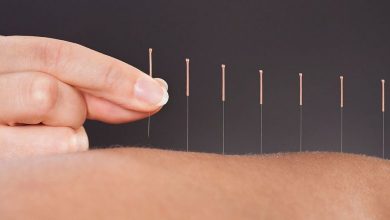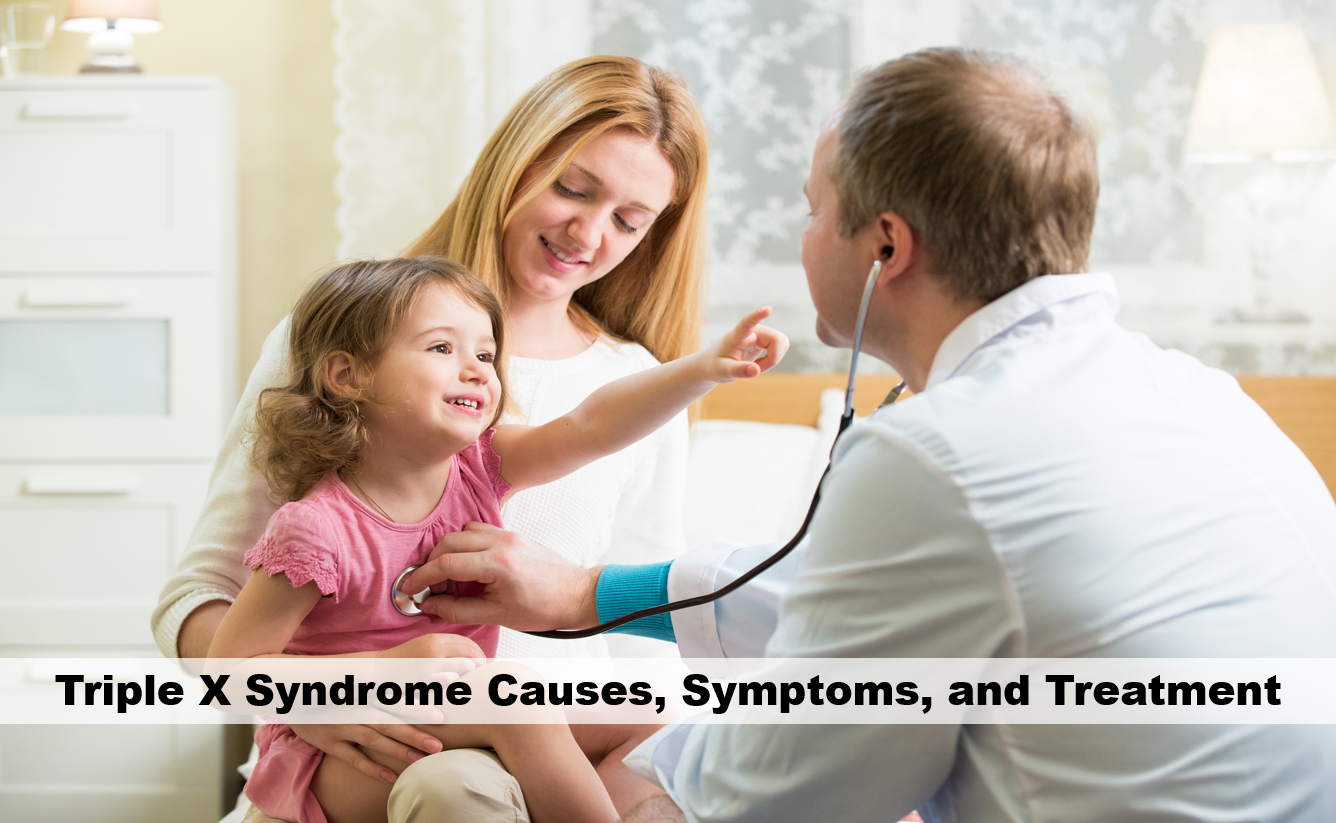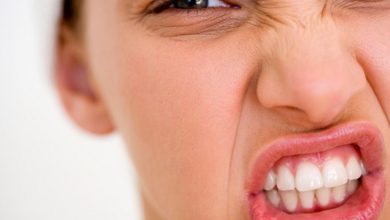Acute Intestinal Infections (Diarrhea)

Acute Intestinal Infections (Diarrhea)
Acute gastroenteritis is an inflammation of the stomach and intestines. Diarrhea is the main finding in this disease, and diarrhea may be accompanied by nausea, vomiting, fever and abdominal pain.
Acute gastroenteritis usually occurs when a virus or bacteria, less commonly a parasite, is ingested.
How Is It Transmitted?
Gastroenteritis occurs when eating foods contaminated with feces containing the causative agent, drinking water or other beverages, and bringing dirty hands that have come into contact with the agent to the mouth. In a region where safe drinking and potable water is not accessible, drinking, cooking and using these water for cleaning increases the possibility of diarrheal diseases. In cases where personal hygiene conditions are low, the disease can be transmitted from person to person. Another way of spreading is through the consumption of food prepared or stored under unhygienic conditions. Dirty water can contaminate food during washing. Fish and seafood caught from polluted waters can also be sources of acute gastroenteritis.
What are the Symptoms?
Regardless of the cause of the disease, diarrhea is seen in all gastroenteritis. Diarrhea (diarrhea) is defined as an increase in bowel movements, an increase in the number of daily stools and a soft, watery appearance by deteriorating stool consistency. In diarrhea caused by viruses, blood is not seen in the stool. Some bacteria cause bloody, slimy diarrhea, while others also cause bloodless, watery or watery stools. Nausea, vomiting, abdominal pain and fever frequently develop in acute gastroenteritis. A table of dehydration may develop due to diarrhea, vomiting and high fever. Sometimes there is gas accumulation in the intestine, headache and weakness.
Dehydration; excessive loss of water and fluid from the body. Dehydration is more common in infants and young children. Fluid loss due to diarrhea, vomiting and fever can also disrupt the body’s electrolyte (salt and mineral) balance. In babies and young children, excessive fluid may be lost from the body within a few hours. The symptom of mild dehydration is that the patient is thirsty. As the loss of water from the body increases, in addition to thirst, dryness of lips and mouth, tendency to sleep, decrease in tears or lack of tears, collapse in eyeballs, acceleration in heart rate, coldness in hands and feet, deep or rapid breathing, decrease in urine amount may occur. In addition to these, in severe dehydration, absent-mindedness, drop in blood pressure, no urination and shock can be seen.

How Is It Diagnosed?
Diagnosis is made by detecting the agent (virus, bacteria or parasite) that causes acute intestinal infection as a result of the examination of the patient sample (stool, urine, blood, CSF, sputum, vomit, etc.) with appropriate laboratory methods.
Patient history and examination findings are generally sufficient for the diagnosis of acute gastroenteritis. Since antimicrobial drugs should be used in the treatment of diarrhea caused by some bacteria and parasites, stool examinations and other examinations can be performed for them when it is thought that the disease agent may be one of these microbes. It may be necessary to check the level of salt and minerals in the blood.
The most common examination is direct stool examination and stool culture. In addition, serological tests, PCR, pathological examinations, etc. are used to diagnose acute intestinal infections.
How is it treated?
Most acute gastroenteritis resolves spontaneously. Treatment is usually applied for symptoms.
If deemed appropriate by the doctor and as recommended by the doctor, the medication should be used.
Anti-diarrhea drugs should not be used.
Diarrhea diet should be applied with lean and non-pulp foods until the diarrhea is resolved, and the patient should be provided with plenty of fluids by mouth. Fluid and salt loss due to diarrhea is very important.
Lack of appetite is common during diarrhea. Children with diarrhea symptoms should be given food at frequent intervals. In the early period of diarrhea, it is sufficient to prevent the development of fluid and salt loss if the child is not left hungry and dehydrated, and continued to be given liquid foods in the amount that they can take. Breastfeeding should be continued in breastfed babies. Older children should continue to be fed with liquid foods that they are used to. Foods such as yoghurt and ayran should be preferred with high nutritional value, such as lean meat and hard eggs. Until diarrhea stops, fiber-rich foods (raw vegetables and fruits that leave excess pulp) are not recommended because they increase bowel movements. Although fat absorption is not impaired, high-fat foods should not be given for a few days as they accelerate the passage through the intestines.
What are the Ways of Protection?
Hand washing; It is the most important method that prevents the transmission of microbes that cause acute gastroenteritis.
As a personal protection measure;
Your hands;
- Before and after meals,
- Before and after preparing your meals
- Before and after the toilet
- Wash your baby before feeding, before and after cleaning his diaper, always with soap, using plenty of clean water.
- When washing your hands, take care to wash them until you are sure that they have thoroughly cleaned all sides (between the front and back fingers, the inside of the nails).
For Your Water Safety;
- Absolutely consume clean water.
- If possible, use officially approved packaged water.
- If well water or tank water is used in your area, make sure to chlorine your water in accordance with the chlorine usage instructions.
- Use water that you know its source and that you are sure of its cleanliness.
- Use by boiling your water for at least 10 minutes in mandatory situations.
For Your Food Safety;
- Wash all fruits and vegetables with plenty of clean water just before consuming.
- Consume foods that you are sure are cooked well.
- Do not forget that microbes can grow in improperly stored foods, even when cooked, so consume properly stored foods.
- Do not consume open food items.
- Consume poultry, butchery and products after they have been fully cooked.
- Use pasteurized milk and dairy products.
It should not be forgotten that sick people can become infectious within a few days after their diarrhea has resolved. In order to prevent the spread of the disease within the family, the plates, forks, spoons and knives used by the patient should not be used by others before they are cleaned, the dirty clothes of the patient should be washed with hot water, especially with feces, and the toilet should be cleaned with cleansers containing chlorine or bleach.
Who is in the Risk Group?
The most affected by the disease are the society / people and children who do not pay attention to personal hygiene rules, do not have the habit of hand washing, do not wash the food well before consuming and eat without sufficient cooking, and do not have access to safe drinking and utility water.
In case of acute diarrhea symptoms, patients; Especially children, elderly and pregnant women should apply to a health institution.





